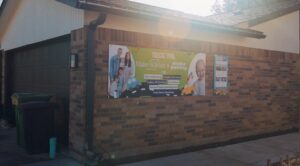 Asphalt is a petroleum-based product, and it is common knowledge that the supply of oil is both limited and subject to drastic price swings. Therefore, it is not surprising that asphalt recycling began many decades ago. As environmental concerns grew, it became even more common to recycle old or unused asphalt. Since every scrap of asphalt, including millings and plant tailings, is recyclable, approximately twice as many tons of asphalt is recycled in North America annually than the tons of plastics, glass, aluminum, and paper combined. If you are wondering what happens to recycled or reclaimed asphalt, keep reading.
Asphalt is a petroleum-based product, and it is common knowledge that the supply of oil is both limited and subject to drastic price swings. Therefore, it is not surprising that asphalt recycling began many decades ago. As environmental concerns grew, it became even more common to recycle old or unused asphalt. Since every scrap of asphalt, including millings and plant tailings, is recyclable, approximately twice as many tons of asphalt is recycled in North America annually than the tons of plastics, glass, aluminum, and paper combined. If you are wondering what happens to recycled or reclaimed asphalt, keep reading.
What Happens to Recycled Asphalt? | Asphalt Paving
Asphalt and paving companies can use recycled asphalt for a variety of purposes, but most reclaimed asphalt finds its way back into new pavement construction.
• Asphalt processing plants often accept pavement that paving contractors mill or tear out. These plants have the crushers, conveyors, screening units and other equipment needed to produce both cold mix and hot mix formulas that contain a certain percentage of reclaimed asphalt. Many formulas use the reclaimed asphalt as an aggregate substitute.
• Some asphalt paving contractors have the equipment and skills to perform in-place recycling. Depending on the equipment available, the contractor may recycle the asphalt into either a cold mix or hot mix. This process saves time, eliminates the need to transport the material to the batch plant, and can often reduce expenses for both the contractor and the customer.
• Asphalt paving contractors can use reclaimed asphalt to stabilize the aggregate in a pavement’s subbase or base. Combining traditional aggregates with reclaimed asphalt can improve the pavement’s load-bearing capabilities when compared to pavements having unbound aggregate bases or subbases.
• Pavements that receive little traffic, including alleys and shoulders, are often ideal candidates for a paving material containing reclaimed asphalt. Reclaimed asphalt is also an excellent choice for asphalt resurfacing, pothole repairs and asphalt patching.
• Another use for reclaimed asphalt is the construction of embankments. Although not a typical application, using reclaimed asphalt for embankments can be a practical use for stockpiled material or material comprised of reclaimed pavement from a variety of sources.
What Are Some of the Benefits of Using Reclaimed Asphalt?
The benefits of reclaimed asphalt range from environmental to financial. Although the list of benefits is extensive, here are some of the significant advantages.
• To produce just a single ton of virgin asphalt, you will need to quarry or mine 1,870 pounds of aggregate or rock. You will also need 16 gallons of oil, and you will produce approximately 75 pounds of greenhouse gases. Recycling drastically reduces all of these.
• Recycling helps keep old pavement out of landfills. Recent studies estimate that more than 70 million tons of old asphalt would end up in landfills every year if the material could not be recycled.
• Reclaimed asphalt saves companies and municipalities a significant amount of money. Depending on the location and the current price of oil, the savings typically range between $30 and $80 per ton. Taxpayers can also realize savings when government agencies choose reclaimed asphalt for their paving projects.
If you need a highly regarded, reputable asphalt company, contact Alpha Paving. We are a full-service asphalt contractor with outstanding references and an excellent reputation for quality work. Our services include asphalt milling, paving, repairs, asphalt sealcoating, and overlays. We also offer parking lot striping and pavement markings, speed bump installations, parking lot signs and concrete work. Whether you need street maintenance, road construction or parking lot maintenance, we can help. We serve virtually every type of commercial customer, including airports, subdivisions, retailers, municipalities, apartment complexes, restaurants, educational institutions, hotels, office parks, and health care facilities. You can request a free estimate by calling 512-677-9001 or submitting our online form.



